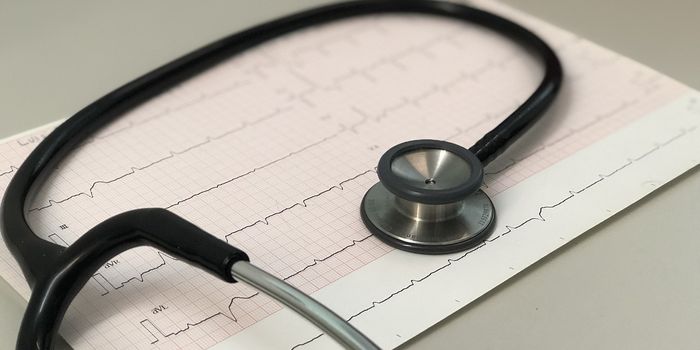Wealth Gap Impacts Health and Longevity
A new study published in the Journal of Public Health has shown that older adults who are poorer are far less likely to meet dietary and exercise guidelines, and more likely to be depressed, compared to their wealthier peers.
The study included data from over 3,000 participants in England who were ages 50 to 90 years old. The participants were asked questions about their health behaviors, including diet, exercise, smoking, drinking, and more. Data was also collected about their age, health, education level, and wealth. The goal of the study was to see whether sociodemographic factors impact the likelihood of meeting exercise and dietary recommendations.
The results showed that wealth and education level had a large impact on exercise habits, particularly wealth. Participants in the highest wealth quintile were nearly twice as likely to get regular exercise compared to those in the lowest wealth quintile. Those in the highest wealth quintile were also much more likely to meeting dietary guidelines, including fruit and vegetable consumption, compared to those in the lowest quintile. Wealth also seemed to be related to mental health, with those in the lowest wealth bracket almost three times more likely to experience depression compared to their wealthy peers.
The authors noted that being in the lowest wealth bracket may have a bigger impact on health than age, which is typically a strong predictor of health. These results indicated an urgent need to address health disparities among less wealthy individuals. Both diet and exercise are crucial for heart health and overall health, and meeting government recommendations in these areas is likely to improve longevity and wellbeing while also lowering healthcare-related costs. While the cause of these disparities was not determined by the study, they are likely related to financial barriers, lack of access to exercise equipment or healthy foods, and having insufficient time to exercise or cook healthy meals.
Sources: Journal of Public Health, Science Daily








